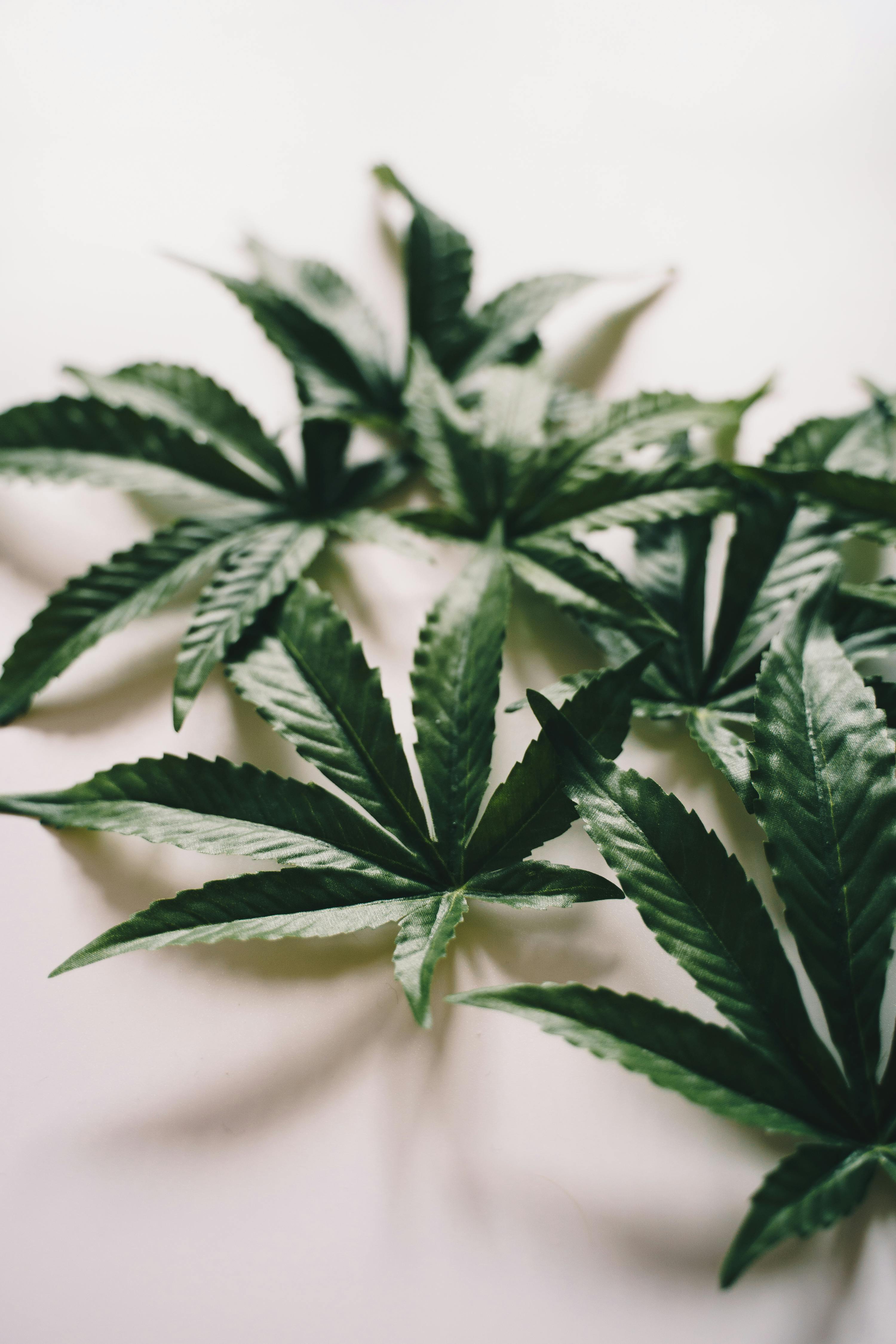Article written by Borja Iribarne*.
In the current conversation about cannabinoids, THC (tetrahydrocannabinol) and CBD (cannabidiol) are usually the main protagonists. However, as research advances and possibilities expand, other compounds are beginning to make their way into the cannabis conversation. One of these is HHC (hexahydrocannabinol)a lesser known variant that has just been outlawed in Spain, effective April 22, 2025. In this article, we will explore in depth what makes HHC unique, its main differences from other cannabinoids, and why for a time it became a non-illegal alternative to the psychoactive compound THC.
What is THC? A brief scientific overview
THC, also known as Delta-9 THC, is a naturally occurring cannabinoid identified in the Cannabis sativa plant, and the main compound of its marijuana strain. It is a psychoactive and illegal component in our country, with the capacity to alter sensory perception. Chemically, it is characterized by its tricyclic structure with a phenol group and an alkyl chain, which allows it to interact effectively with the CB1 cannabinoid receptors of the endocannabinoid system in the human brain. It is this interaction that produces the well-known psychoactive effects and other biological responses, with their corresponding adverse effects.
THC is prohibited in Spain. According to current regulations, any cannabis product containing more than 0.3% THC is considered illegal, unless authorized for medical or research use. This strict regulation is due, in part, to its psychoactive effects and potential for dependence.
What is HHC? Structure and origin
Hexahydrocannabinol (HHC) is a less common cannabinoid in cannabis. Although it is found naturally in the plant in trace amounts, most of the HHC that is commercially available is synthesized from other cannabinoids, such as hemp-derived CBD. For this reason, it is categorized as a synthetic or semi-synthetic cannabinoid. The reason for its recent popularity lies both in its molecular structure and in the fact that it has been legally marketed in Spain for some time. However, since April 22, 2025, it is part of the list of controlled substances in our country: i.e., its sale is prohibited.
From a chemical perspective, HHC is a hydrogenated derivative of THC. That is, their chemical structures are similar. However, the addition of hydrogen atoms (a process called hydrogenation) converts HHC into a more stable compound. This hydrogenation process, which is also used in the food industry to convert vegetable oils into more solid fats, creates a cannabinoid with a more saturated structure that is resistant to oxidation, heat and light. This greater stability is one of the characteristics that differentiates HHC from other cannabinoids.
HHC vs THC: the legal issue as the main difference
The legality of HHC was one of the key factors that positioned it as a potential alternative to THC. In Spain, the commercialization and use of THC is under strict regulation. Laws state that the THC content in cannabis products must be less than 0.3% to be considered legal, an amount small enough not to produce psychoactive effects.
HHC, however, was for a time positioned as a non-illegal alternative to THC. Being derived from industrial hemp, with negligible or non-existent amounts of THC, HHC products could be marketed within the legal framework in Spain, as long as they met production and quality control standards. This situation placed HHC in a peculiar zone for a while: it was not explicitly prohibited, but its production and commercialization had to meet certain conditions, such as being catalogued as products for external use. However, as mentioned above, since April 22, 2025, HHC is also illegal in Spain.
In some European countries, the hydrogenation of HHC and its derivation from hemp allow this compound to comply with regulations governing hemp-derived cannabinoids. However, it is important to note that the future of HHC's legality could change as authorities review new research on its potential effects and establish clearer regulatory frameworks.
Effects and mechanisms of action
HHC shares certain similarities with THC in terms of its mechanism of action. Both interact with the endocannabinoid system, binding to CB1 and CB2 receptors, thus inferring similar, albeit less intense, effects.
Currently, scientific evidence on HHC is limited. Its more stable chemical structure could reduce the formation of metabolites associated with side effects, although this is a hypothesis that still requires research.
Why HHC came to be positioned as an alternative to THC
The growing attention to HHC in the cannabinoid market, and the variety of products available, is mainly due to three factors, stemming from its key differences.
- Legal status. As mentioned, HHC could be legally derived from hemp and its THC content can be kept below 0.3%, which until recently allowed its commercialization in Spain and other countries with similar regulations. Recently, however, this legislation has changed, and HHC is considered a controlled substance in our country, and its sale is illegal.
- Chemical stability. Despite its structural similarities, the hydrogenization of HHC confers it greater resistance to oxidation and heat. This stability can be advantageous for the manufacture of long-lasting products, which broadens the possibilities of its use in various applications. There are products for vaping, flowers or cannabis oil rich in HHC where its sale is legal.
- Potential for moderate effects. Although more studies are needed, preliminary reports suggest that HHC may provide a milder effects profile than THC. However, the range of effects experienced will always depend on the individual user's tolerance.
Although we at ProfesorCBD do not sell HHC products, we are incorporating safe and legal alternatives that you can find in the Other Molecules section.. We guarantee product quality and a safe experience.
* Borja Iribarne is one of the great CBD experts in Spain. CEO and founder of ProfesorCBD since 2018, he is responsible for the introduction of high quality standards and professionalization of the sector in Spain. He also teaches at The Valley Talent business school and at the prestigious international cannabis training center Amsterdam Institute.
